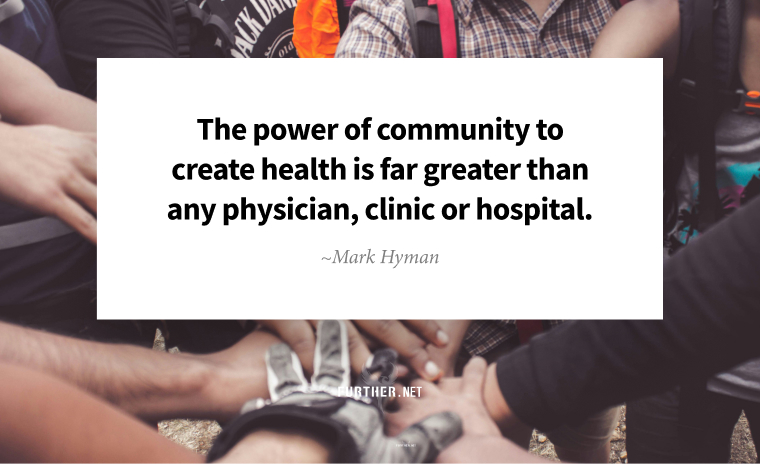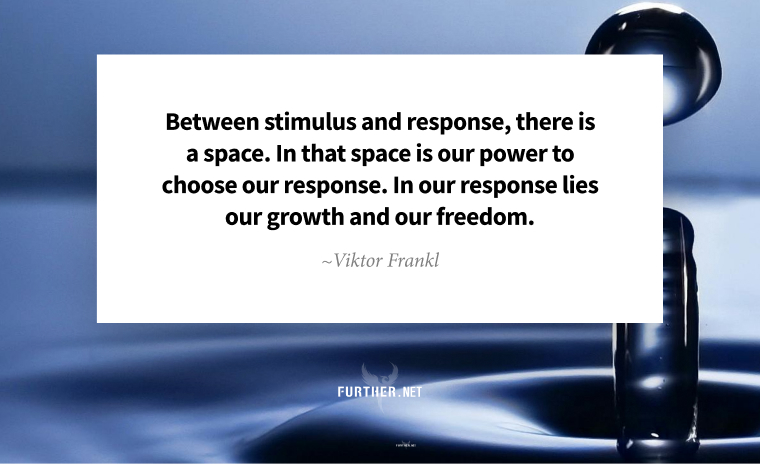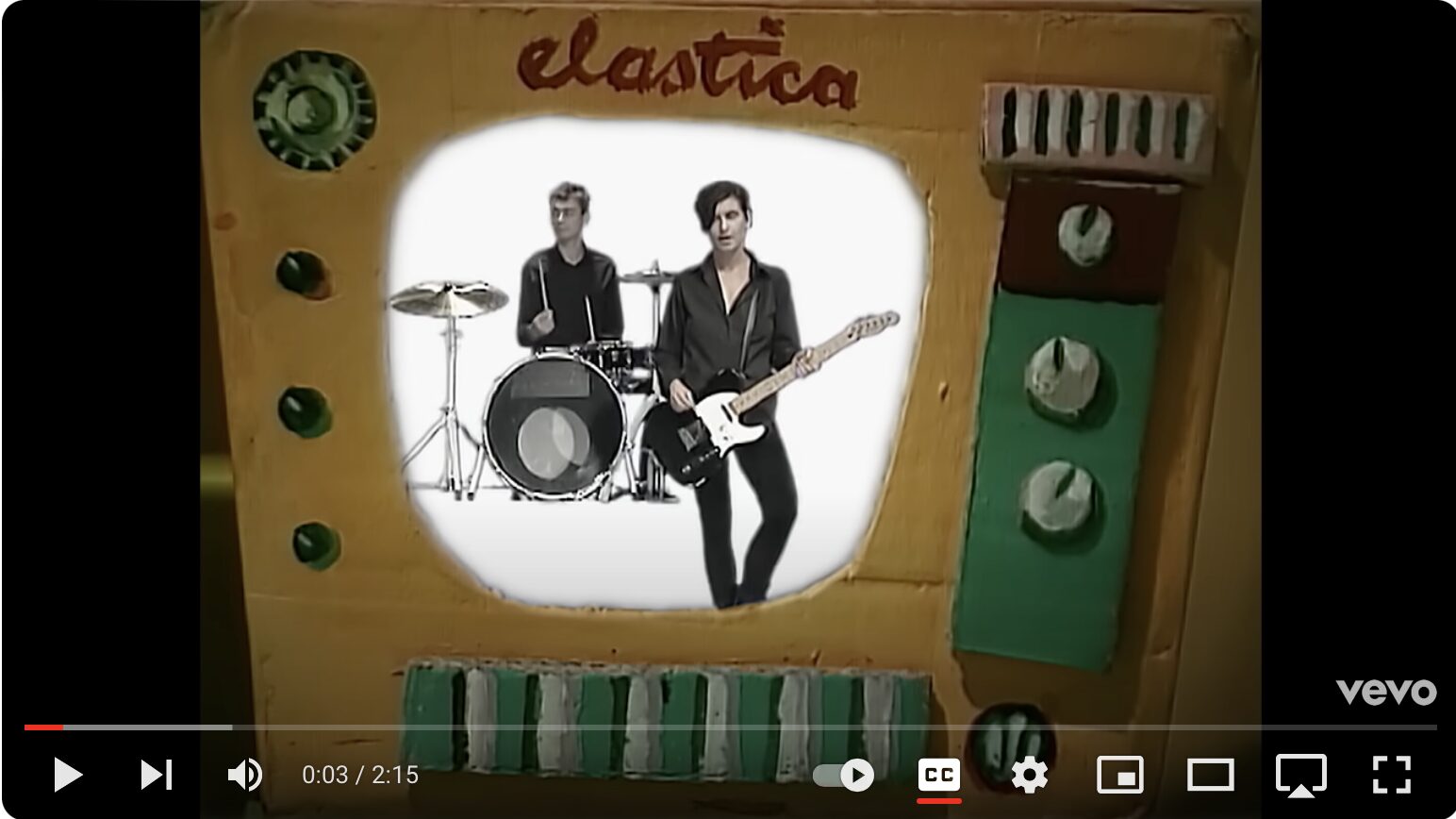
See more of the world thanks to your ordinary monthly spending! Choose any United MileagePlus® credit card and start accumulating flight miles today.
Pick the card that’s right for you here.
In an age of longer life spans and healthy aging, we have an insidious spoiler.
Even if you eat well, sleep soundly, and exercise vigorously, this particular scourge can take you down early. That’s because another critical component of longevity is social connection.
In the United States, we’re struggling with rising loneliness to the extent that it’s a public health issue. Loneliness is a problem even when we’re otherwise surrounded by people in our daily lives, because often there’s no real connection or community.
Surgeon General Vivek Murthy warns that Americans are experiencing an “epidemic” of loneliness and social isolation. And the consequences are dire, especially as we get older:
Loneliness and social isolation increase the risk for premature death by 26% and 29% respectively. More broadly, lacking social connection can increase the risk for premature death as much as smoking up to 15 cigarettes a day. In addition, poor or insufficient social connection is associated with … a 29% increased risk of heart disease and a 32% increased risk of stroke, [plus] increased risk for anxiety, depression and dementia.
It’s interesting that when scouting out a new “home base” for when my wife and I leave the United States, I come across tight knit expat communities wherever I look. Whether Costa Rica, Panama, or Portugal, I find people in foreign lands who enjoy a far greater sense of community than I’ve experienced living in Boulder for the last 12 years.
It makes sense that people seek out fellow expats when living in a new place. And beyond craving a sense of the familiar, these people are bonded by the common experience of leaving their home country for a better quality of life.
I hear from people constantly who are intrigued about packing up for an exotic location overseas with a lower cost of living, and often the excitement is tempered by a fear of isolation and loneliness.
Unfortunately, that’s exactly what too many people are experiencing already. It may be counterintuitive to leave home in order to connect more strongly with others, but that’s been my experience – and that of millions who have departed for sunnier shores.
Further exploration:
Keep going-
P.S. New to Further? Join us here.
Making the Grade
People in the United States eat like crap, and it’s gotten only slightly less crappy in the last 20 years despite all we’ve learned about nutrition. In this case, you definitely do not want to be an average American.
America’s diet quality moved from an F to a D. Here’s how to turn yours into an A (CNN)
Kill Your Television
A new study by Harvard researchers links the popular pastime of sitting and watching television to the likelihood of reaching one’s senior years in a state of good health: the more time spent doing the former, the lower the odds of achieving the latter.
This one thing may derail your shot at healthy aging, scientists say (LA Times)
Nerd Neck Begone!
Forward head posture (aka nerd neck) is an extremely common postural deformity, affecting between 66% and 90% of the population. It not only makes you look highly unattractive, it also causes neck pain, upper back pain, tension-type headaches, and other symptoms.
How To Fix Forward Head Posture – 5 Exercises (Back Intelligence)
The Struggle is Real
We may be trying to get the most out of midlife, but sometimes it takes it all out of us. This piece from Linda Wattier shows you you’re not alone, and also offers some tangible advice for maintaining resilience and wellbeing.
Truth Is, I’ve Been Struggling (And the One Thing That Saves Me Most) (How She Thrives)
The Power of the Pause

By Trudi Roth
We live in an “urgency culture.” Chances are, in the two or three minutes it takes to read this article, you’ll be interrupted multiple times by a text, email, or an irresistible urge to watch parents dancing like it’s the ’80s on TikTok.
But do you have to react immediately? Does anything — save a life-threatening situation — deserve your time and attention on the spot?
Don’t answer that. Instead, take a breath. Check in with yourself. And then, read on to learn how to regain your power by hitting the pause button.
React vs. Respond
A friend recently schooled me in the difference between responding and reacting. She caught me off-guard by calling to ask for my (unpaid) help with a complex project. I was so flustered I couldn’t take in the details. As soon as we hung up, I fired off an email that barely disguised my annoyance at her request.
A week later, I received her reply:
Sorry to have taken so long to get back to you, but I had to sit with my thoughts.
Then, she clarified the murky points and addressed my concerns — allowing us to reach an agreement.
Each of us was acting according to our brain’s wiring. The reactive state is governed by the sympathetic nervous system (SNS), and the parasympathetic nervous system (PNS) influences the responsive state. They work together, but if the SNS dominates, it becomes impossible for you to feel calm or content.
While reactivity is automatic and immediate, responsiveness invites a pause:
Taking a break, we challenge the premise that a stimulus necessarily leads to a reaction. Instead, there is an opening for awareness; the next move is up to us.
Maybe you won’t give yourself the grace to wait a week to reply, but sometimes, all it takes is a few minutes to choose a more productive action.
Mine the Gap
In a pinch, David Gelles, author of Mindful Work, recommends a mindfulness practice he calls STOP to get to the pause. You’ll recognize it; I used it in the opening of this article:
- Stop for a brief pause, regardless of what you’re doing.
- Take a breath, noticing the sensation to ground you in the present moment.
- Observe. Notice what’s happening, for better or worse, internally and externally.
- Proceed. Now that you’re grounded, continue with your response.
Another technique for practicing breaking habituated reactions involves holding off on scratching an itch by breathing and sitting with it. You could also try to “come to your senses” by thinking about what you see/hear/feel/taste/touch in a given moment before taking action.
If these ideas give you pause, you’re on the path to a bigger-picture perspective and better decisions. My reaction to that? 👏👏👏
Increase Your Agency By Responding, Instead of Reacting (Mindful)
further: flashback

Elastica – Connection
Elastica, 1995
The infectious synthesizer intro from Elastica’s Connection is blatantly lifted from the guitar riff in Wire’s “Three Girl Rhumba.” While lead singer Justine Frischmann intended it as an homage to Wire, it ended up being an expensive nod after an out-of-court settlement and a rewrite of the song’s credits. (YouTube)
further: sharing
Enjoy this issue? Please forward this email with friends or share on social media.
Thank you for sharing Further!
